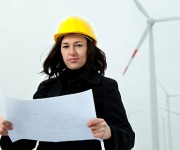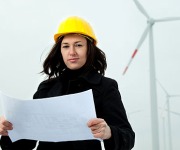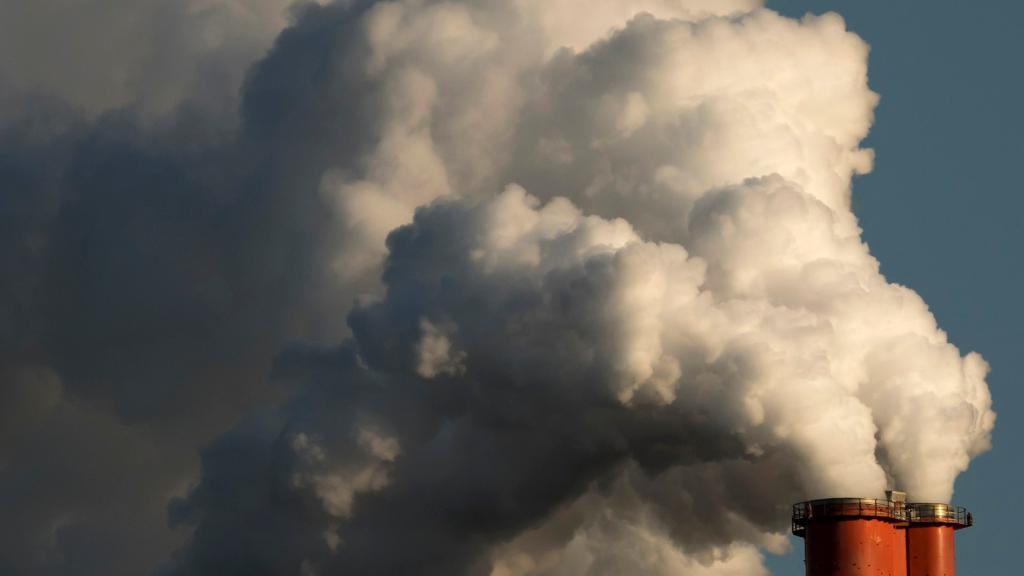Ladies and gentlemen, introducing the climate change denial machine.
Two sociologists, Riley E. Dunlap of Oklahoma State and Aaron M. McCright of Michigan State, have analyzed the patterns of influence and disinformation that power climate change denial in the United States. Some of their findings: No component of the denial machine is untouched by the fossil fuels industry. And by powering that central echo chamber, corporate interests and the fossil fuel industry have been able to strongly influence American politics.
Nonetheless, it is reasonable to conclude that climate change denial campaigns in the U.S. have played a crucial role in blocking domestic legislation and contributing to the U.S. becoming an impediment to international policy-making (McCright and Dunlap 2003; Pooley 2010). The financial and organizational resources and political and public relations expertise available to and embodied in the major components of this machine, and the various actors’ ability to coordinate efforts and reinforce one another’s impacts, have certainly had a profound effect on the way in which climate change is perceived, discussed and increasingly debated — particularly within the U.S.



